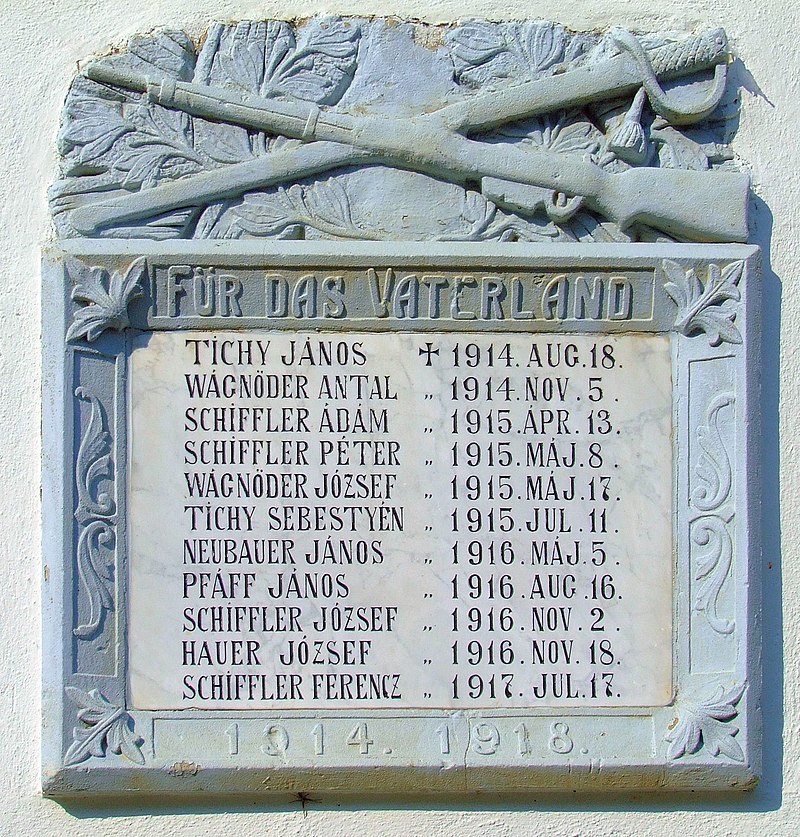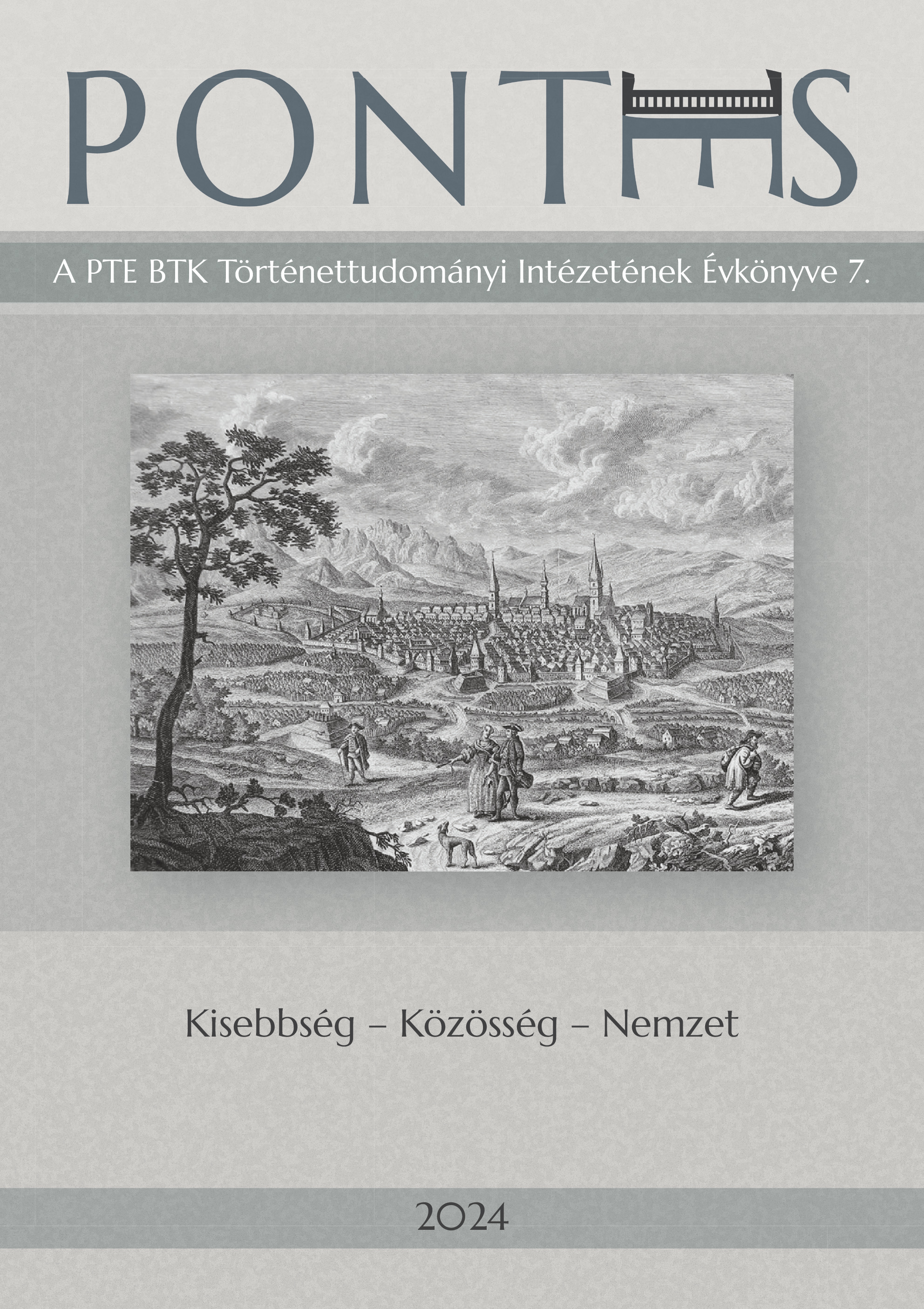A kisebbségi emlékezet változásai a 20. századi Magyarországon a német kisebbség emlékműveinek példáján
DOI:
https://doi.org/10.15170/PONTES.2024.07.01.06Kulcsszavak:
German minorities, First World War, Second World War Aftermath, Memory Culture, Collective MemoryAbsztrakt
The study examines the culture of remembrance and memory of the German minority in Hungary in the light of the memorials of two selected events — the First World War and the deportation to Soviet forced labour in 1944/1945. In both cases, the focus is on historical experiences that were not exclusively limited to members of the German minority. Therefore, the main question is, whether and if yes, how the memorials refl ect the participation of the minority in the events, whether and if yes, how they have developed representations and narratives that differ from those of the Hungarian majority. According to my hypothesis, while the commemoration of the First World War still largely aligned the memorial traces of the German minority with the majority society, the deprivation of their rights and the expulsion of 1945 caused a rupture between minority and majority that could no longer be left without refl ection on the level of communal memory. Therefore from this time the German minority developed its own narrative of the past, which is also reflected by the memorials.

Downloads
Megjelent
Folyóirat szám
Rovat
License

This work is licensed under a Creative Commons Attribution-NonCommercial-NoDerivatives 4.0 International License.














